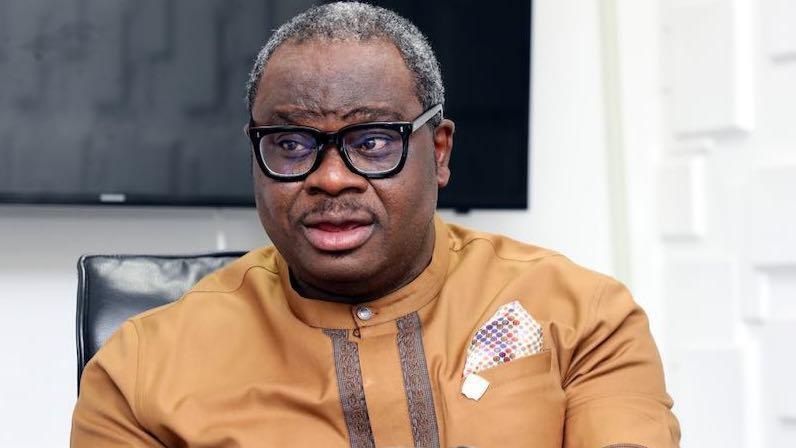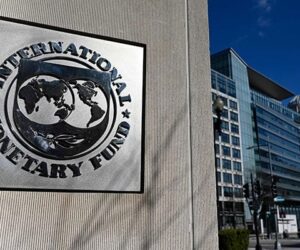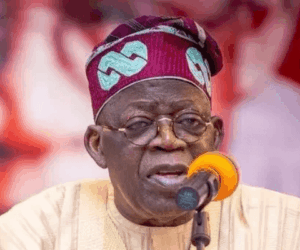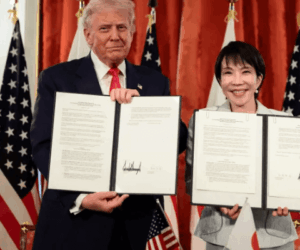Kola Adesina, group managing director of Sahara Power Group, decried the ongoing transfer of regulatory autonomy to state governments, stating that most states lack the resources to build electricity infrastructure.
Adesina stated this at the 20th anniversary of the Nigerian Electricity Regulatory Commission (NERC), held in Abuja on Thursday.
According to him, there is a need to remedy some sections of the 2023 Electricity Act to ensure a resilient power sector that can attract needed investment.
”Today, the Electricity Act has elements in it that need to be remedied very quickly. And why? The states don’t possess the wherewithal to build electricity infrastructure. Let’s call a spade a spade. They don’t have the resources. Now, when you are breaking down inefficiency into another level of inefficiency, you are only spreading the virus.
”So the best way is for us to really look at this issue and ask ourselves, how did we get here? Why are we here? If there is alignment across the board, I can assure you money will flow in easily,” he said.
The Electricity Act of 2023 provides for regulatory oversight at the subnational levels, and according to NERC, 15 states have so far got their Transfer Order. Of these, 11 have crossed the six-month transitional period, but only eight out of the eleven are currently operational.
Adesina, speaking further, said that the template of investment in the Nigerian electricity space is not attractive to investors. He pointed out that consumers in the Nigerian electricity sector are majorly residential, instead of commercial. He stressed that high electricity tariffs are being driven even higher by the very lack of a robust industrial consumer base.
This follows recent concerns raised by Adebayo Adelabu, the minister of Power, that more than 60 percent of the nation’s manufacturing industry is completely off-grid.
”The equation of electricity supply globally, where you have 24/7 supply, is one where 80 percent of consumption is industrial and commercial and 20 percent is residential.
”But today in Nigeria, the reverse is the case, which is why tariffs are high. The higher the number of commercial and industrial customers, the better. This is because many residential consumers are not paying for power—they are stealing it—which is another problem we are going to speak about.”
Read also: Nigeria’s small businesses burdened with N13trn financing gap – Adesina
He also emphasised the need for the government to strategise on bringing in more industries to the grid. “What guarantees are we putting in place to bring the largest energy consumers into Nigeria, side by side with power plants? The more power is available and accessible, the cheaper the tariff ultimately becomes.”
Adesina said that 12 years post-privatisation, the Nigerian electricity supply industry is still struggling, adding that despite an increase in population, electricity supply and infrastructure have remained below expectation.
He emphasised, however, that to achieve the highly needed influx of investment in the sector, it has become imperative for the government to ensure policy consistency and stability.
”There must be stability in the system. We must see the hunger and the desire in the leadership in resolving the current problem that would engender more investment to be made by us. I’m speaking on behalf of all the investors now,” he added.









